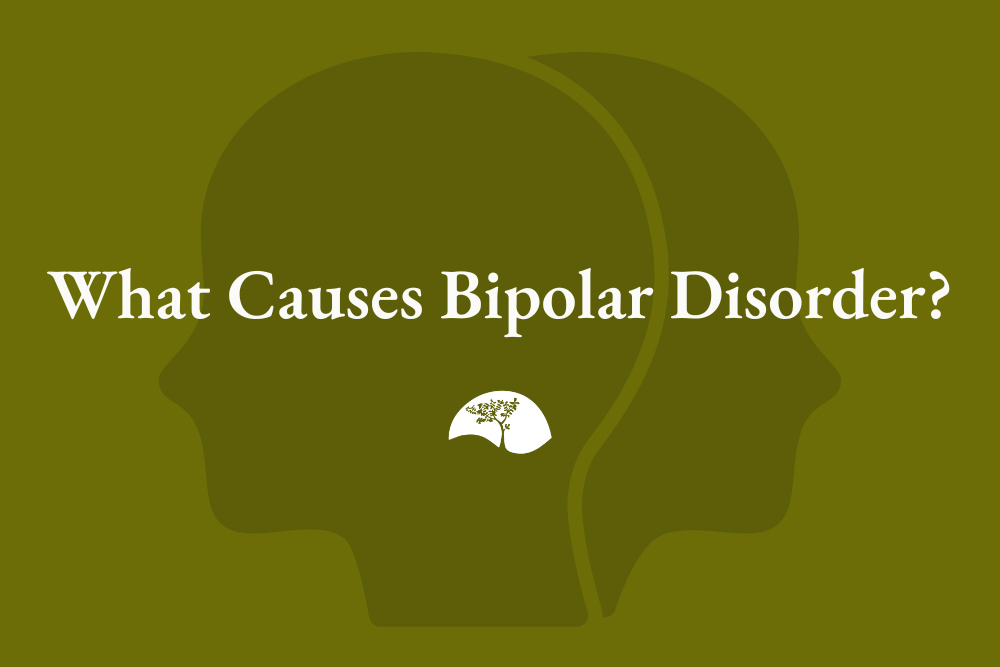Bipolar disorder is a mental health issue that causes dramatic mood swings. During a manic episode, you may feel unusually energetic, happy and euphoric, while the lows of a depressive period can rob you of your zest for life. The mood changes of bipolar disorder can range in length and severity. If you live with bipolar disorder, you may feel stable most of the time or experience intense symptoms such as psychosis.
While most people are aware that bipolar disorder exists, many stigmas and misunderstandings surround this diagnosis. There is no definitively known cause of bipolar disorder, but studies suggest a combination of several factors could increase your chances of developing it.
1. Adverse Childhood Experiences
Undergoing a lot of emotional distress in early childhood may make you more vulnerable to bipolar disorder. According to the CDC, adverse childhood experiences are one of the strongest predictors of chronic health problems such as mental and behavioral health disorders, including depression, anxiety, PTSD, bipolar and substance abuse. That’s because childhood trauma, neglect and abuse can significantly affect your emotional resilience.
2. Differences in Brain Chemistry
Specific medications make it easier to manage the symptoms of bipolar disorder, which suggests that bipolar disorder may relate to functional problems with neurotransmitters. While some evidence supports this, we don’t know whether differences in brain chemistry are a cause of bipolar disorder or a result of it.
3. Genetics
Mental health conditions like bipolar disorder tend to run in families. You may have a family member who shares your symptoms and challenges, even if they haven’t received a formal diagnosis. Still, it’s unlikely researchers will ever pinpoint one specific gene that causes bipolar disorder. Family links are complex, and often involve a combination of social and environmental factors that can influence your overall well-being as you grow up.
4. Medication, Drugs and Alcohol
Some prescription medications, including antidepressants, can cause hypomania or mania as a side effect or withdrawal symptom. If you notice any concerning mood changes after taking medicine under a doctor’s orders, speak to your prescriber about tapering off or switching to a different medication.
For some people, alcohol and illicit drugs can cause depression, mania or hypomania. It can be challenging to distinguish the effects of drug and alcohol use from mental health symptoms. Substance misuse can also cause your mental well-being to worsen.
How to Get Treatment for Bipolar Disorder
A combination of medication and talk therapy can help you manage your mood swings and bring more stability and predictability to your life. It may take some trial and error to find the medications that your bipolar disorder responds well to.
You can help by keeping a daily journal of how you feel, so you can notice any patterns. You should also work with your doctor or therapist to create a crisis plan that will help you know what to do if you encounter a known trigger or start feeling extreme distress.
Hospital-Based Recovery
HVRC offers the highest degree of medical, psychological and spiritual expertise for treating co-occurring mental health and substance use disorders. Our experienced professionals understand the intricacies involved with a dual diagnosis, which is why we offer a complete continuum of care all within the same facility. Contact us to learn more about how we can help you.


